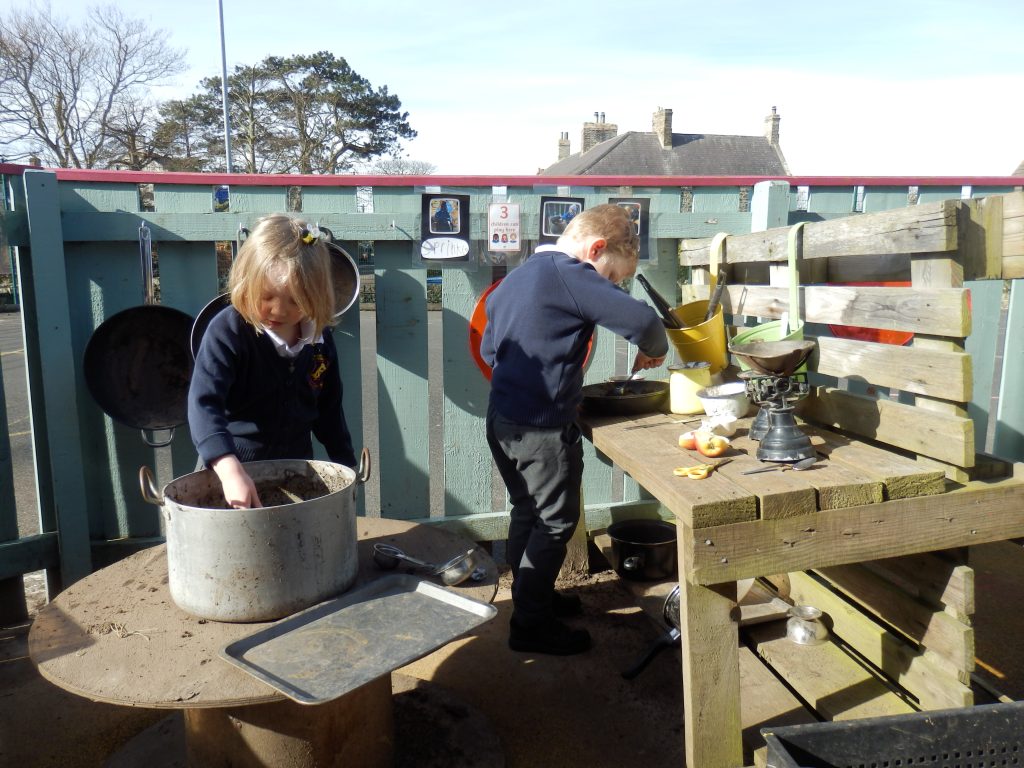
by Caroline Eaton Creating an enabling environment for play and learning requires careful planning and reviewing. As we all know the impact the environment, we find ourselves in can affect us hugely. In the same way the adults have the power to open or close down learning the environment can also do this. Malaguzzi describes the […]
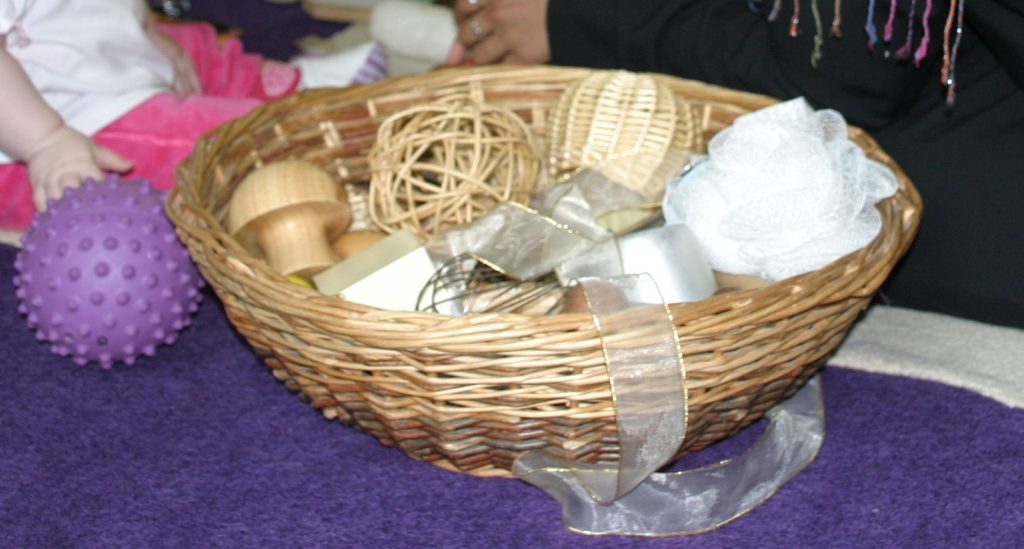
by Anni McTavish What are treasure baskets? “Treasure Baskets” are a collection of ordinary household objects, that are chosen to offer variety and fascination for babies who can sit up comfortably but are not yet crawling. When babies begin to sit up by themselves, they are often fascinated by the world around them. It can […]
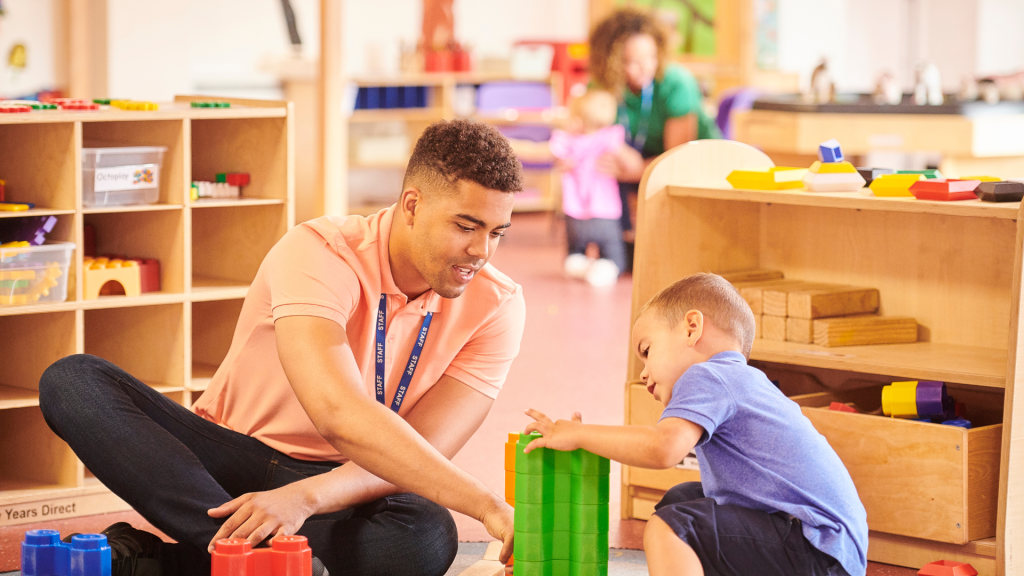
by Amanda Ince and Liz Bullough, UCL Institute of Education “I want to be an inspiring leader who can inspire my colleagues in my setting to be the best it can be….” This quote from a participant on the fully funded NPQ Early Years Leadership programme designed by UCL Institute of Education with Early Education […]
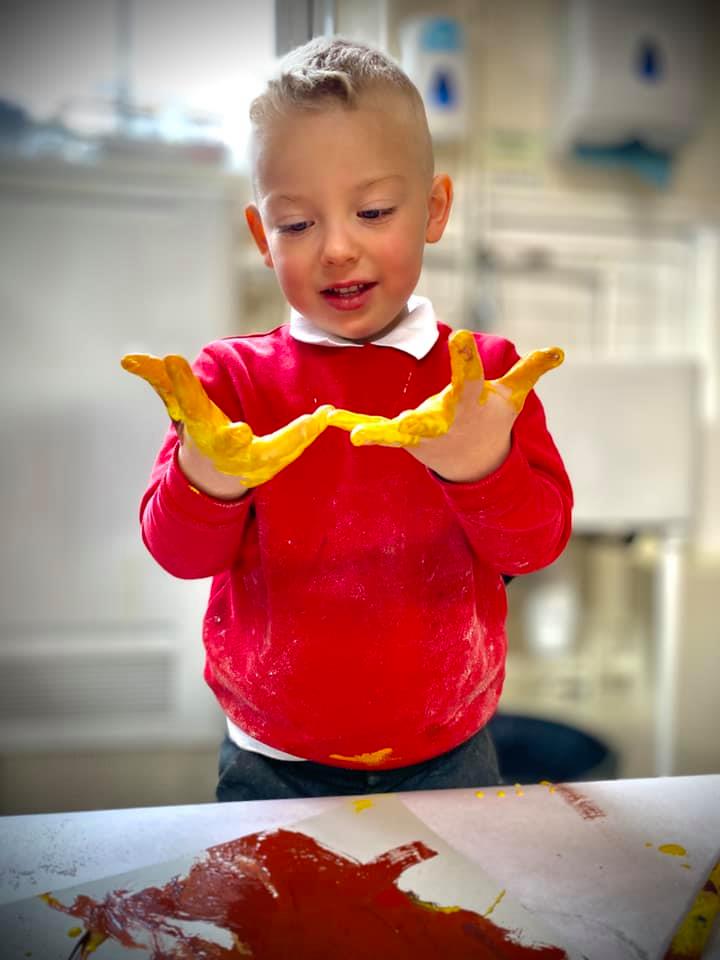
by Debi Keyte-Hartland Art in the early years To express, simply means to communicate. The expressive arts, therefore, are languages of communication, able to express and communicate ideas, feelings, working theories children have about how the world works around them. It is interesting to think about how children communicate in musical ways, or how they […]

by Debi Keyte- Hartland The term “Loose Parts” was coined by Simon Nicholson, a British architect and designer whose parents were artists Barbara Hepworth and Ben Nicholson. He wrote a paper called The Theory of Loose Parts: How not to cheat Children in 1971, and this has become hugely influential in the ensuing decades since. […]
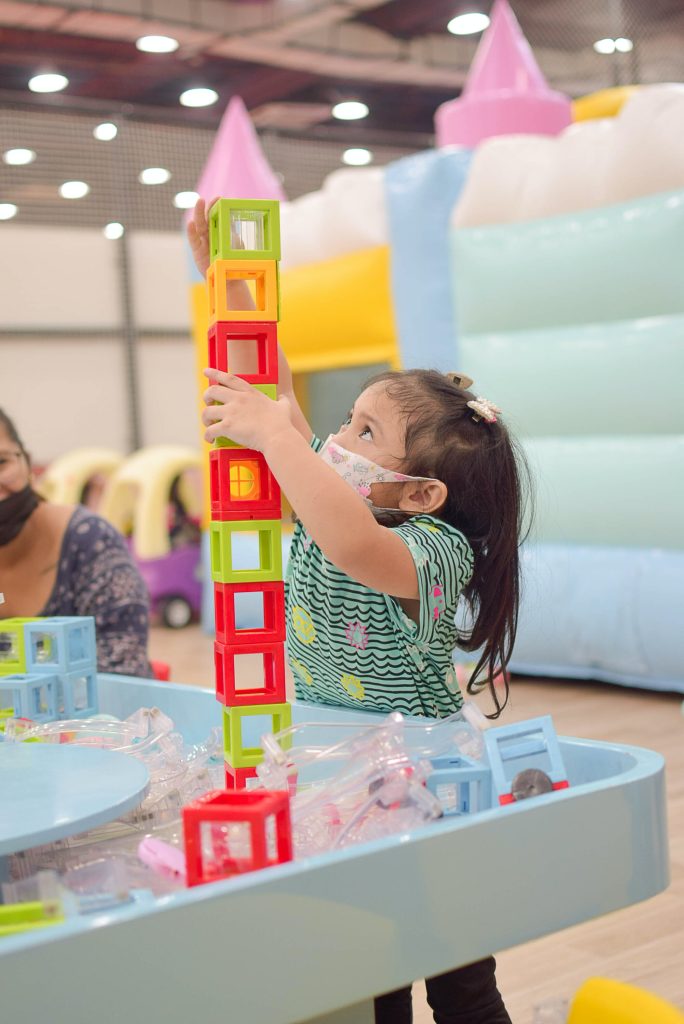
by Helen J Williams Early mathematics is essential for children’s full development, it is also predictive of later, wider achievement. Early mathematical learning is critical in sparking interest in STEAM subjects, as long as we approach EYFS mathematics in a way that is engaging for us all – adults and children alike. Too many of […]
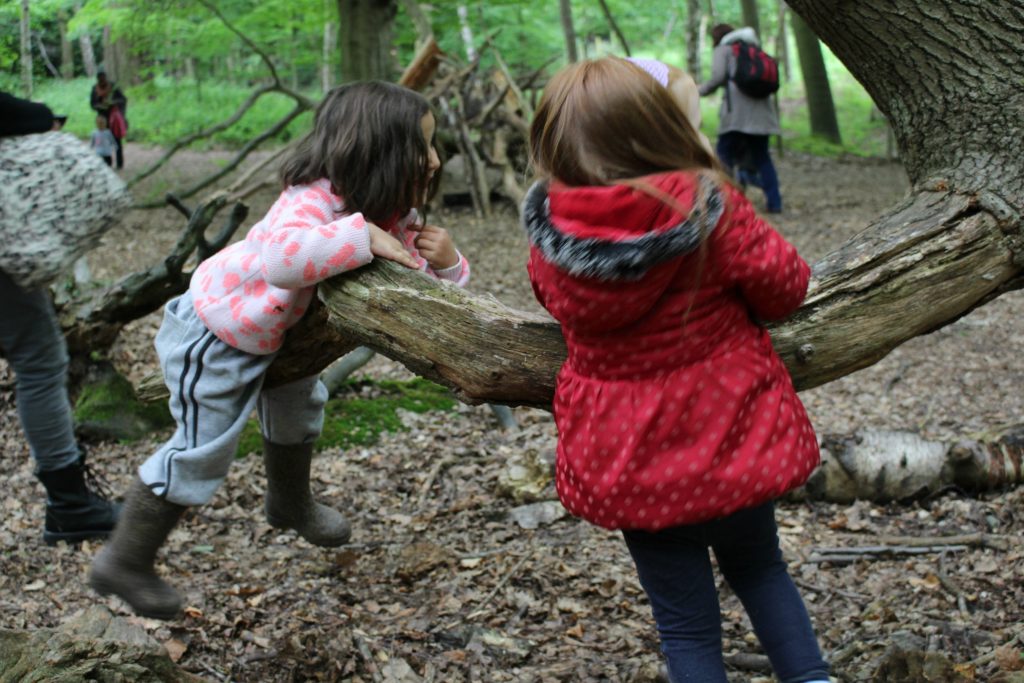
by Kathryn Solly The benefits of outdoor learning in the early years have now been firmly recognised for both educators and young children’s learning and development. Being outside in the fresh air for three hours every day helps benefit brain and body functioning. Simply being outside improves health, social and emotional wellbeing, improved immunity, sight, […]
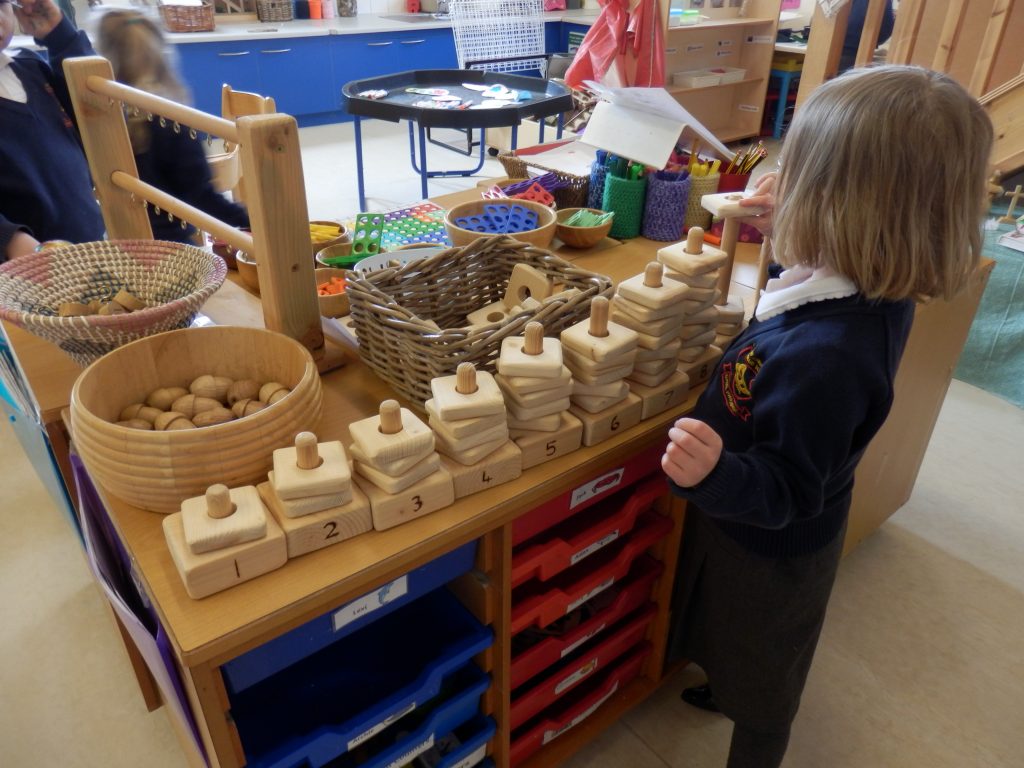
What is continuous provision in EYFS? By Ben White Continuous provision in EYFS refers to the resources and learning opportunities accessible to children all of the time within a provision. When developed well it will invite children to interact, explore and of course, learn. When effective, the adult’s role in continuous provision is to interact […]
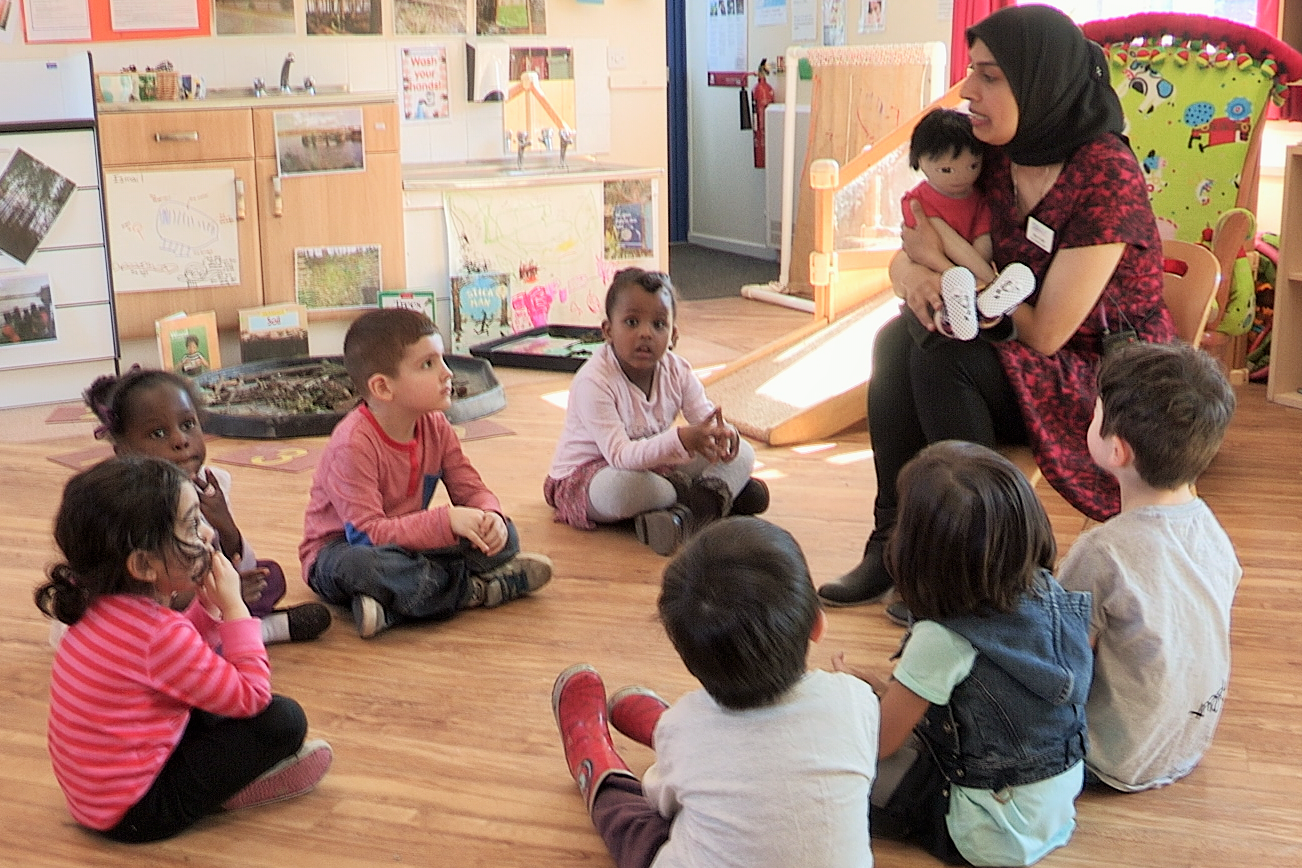
What are “Fundamental British Values”? by Vicky Hutchin The so-called “Fundamental British Values” form a part of the Prevent Duty, introduced in 2015 and last updated in 2021. It all began with the government’s Prevent Strategy in 2011 with the aim of preventing people being ‘drawn into’ terrorism and terrorist attacks. The Prevent Duty places […]
The Ofsted early years curriculum review Best start in life part 1: setting the scene, has just been published, which they describe as being part of their series of “subject-based curriculum research reviews”. It aims to examine “the factors that contribute to a high-quality early education” and trails a future series of reviews which will focus […]









